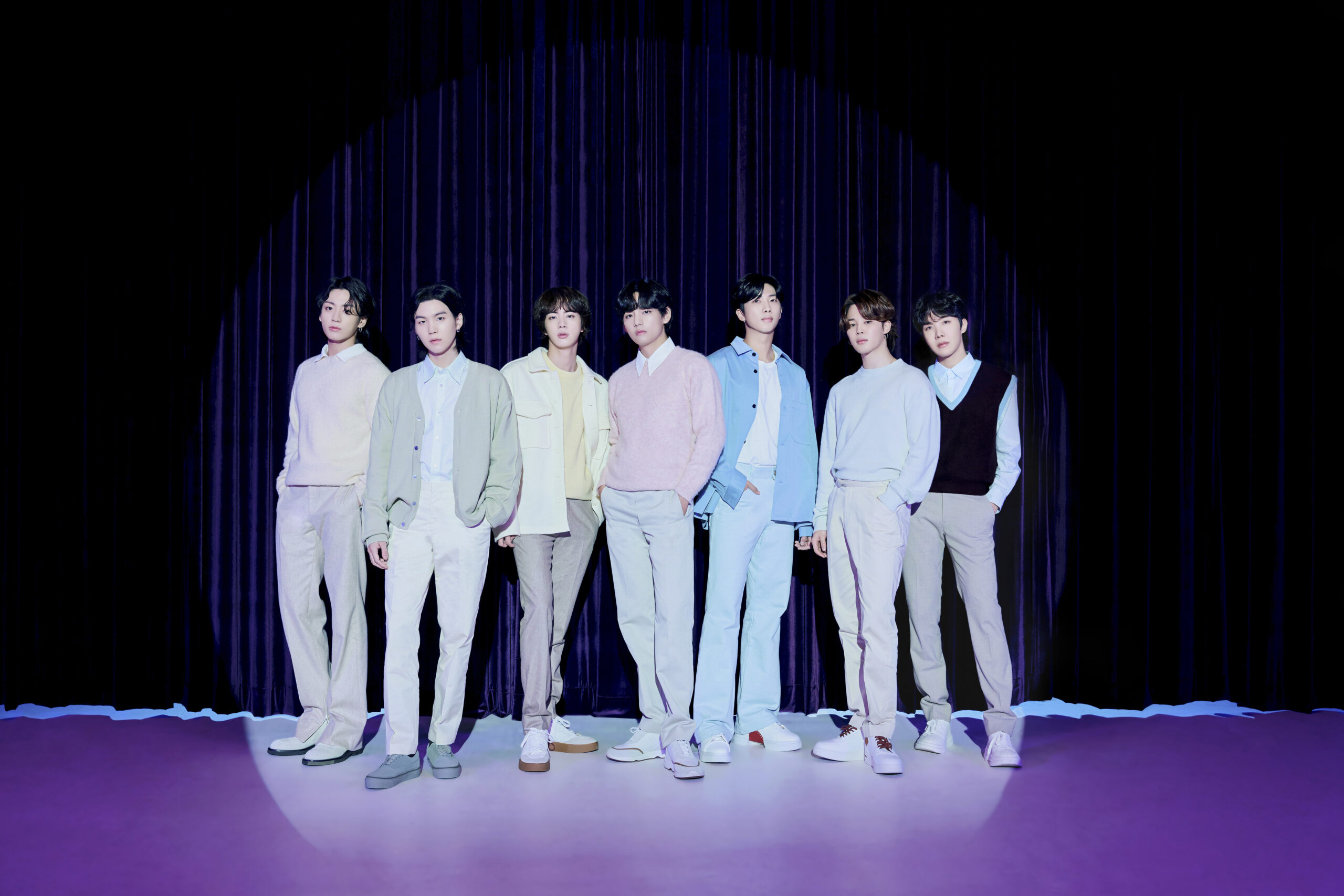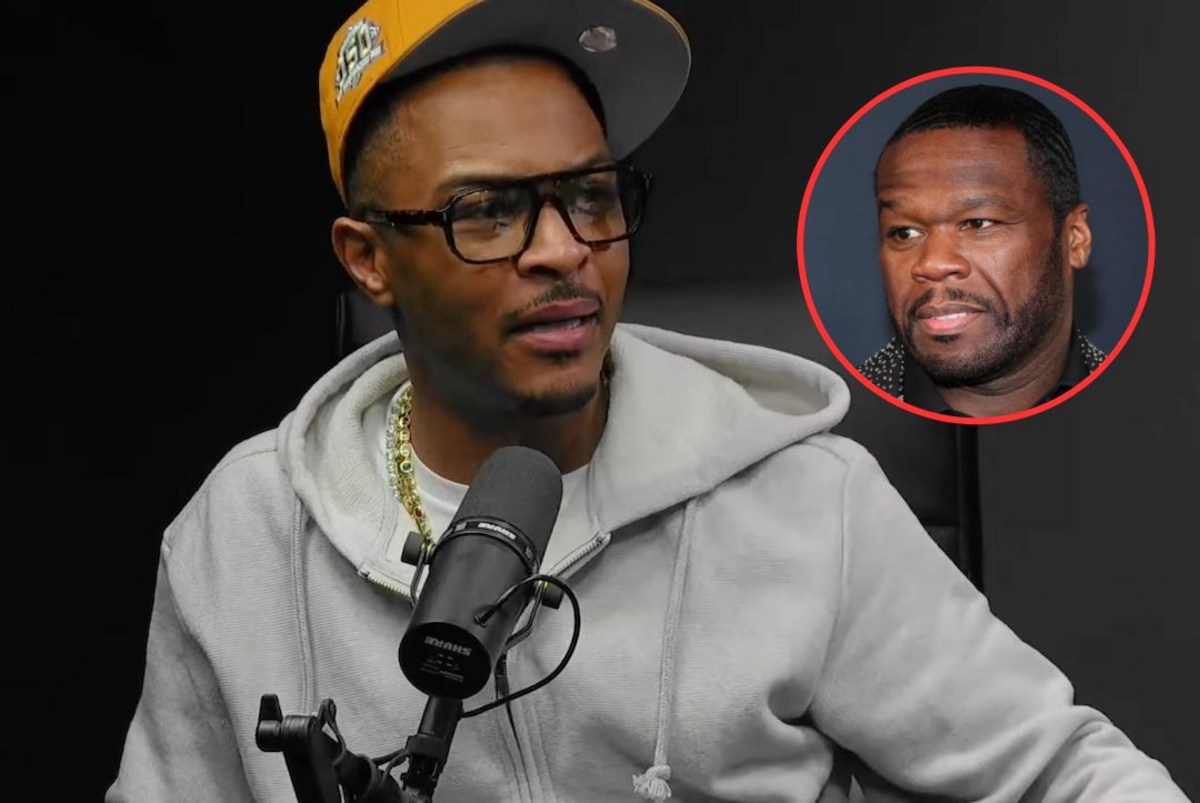While Taylor Swift has been racking up billions of streams with updated “Taylor’s Version” re-recordings of her original hits over the past couple years, making cultural moments out of old material and simultaneously driving down the value of those original recordings that were sold away from her, record companies have been working to prohibit this sort of thing from happening again.
The major labels, Universal Music Group, Sony Music Entertainment and Warner Music Group, have recently overhauled contracts for new signees, according to top music attorneys, some demanding artists wait an unprecedented 10, 15 or even 30 years to re-record releases after departing their record companies. “The first time I saw it, I tried to get rid of it entirely,” says Josh Karp, a veteran attorney, who has viewed the new restrictions in UMG contracts. “I was just like, ‘What is this? This is strange. Why would we agree to further restrictions than we’ve agreed to in the past with the same label?’”
For decades, standard major-label recording contracts stated artists had to wait for the latter of two periods to expire before they could put out re-recorded versions, Swift-style: It could have been five to seven years from the release date of the original, or two years after the contract expired. Today, attorneys are receiving label contracts that expand that period to 10 or 15 years or more — and the attorneys are pushing back. “It becomes one of a multitude of items you’re fighting,” Karp says.
“I recently did a deal with a very big indie that had a 30-year re-record restriction in it. Which obviously is much longer than I’m used to seeing,” adds Gandhar Savur, attorney for Cigarettes After Sex, Built to Spill and Jeff Rosenstock. “I think the majors are also trying to expand their re-record restrictions but in a more measured way — they are generally not yet able to get away with making such extreme changes.”
Until June 2019, when Swift announced she would re-record her first six albums, the concept of drawing fans to new versions of old songs was a music-business niche. Frank Sinatra rerecorded a number of his biggest hits in the ’60s, but in recent years, new Def Leppard and Squeeze versions had minimal commercial success. But after venture capitalist and longtime Justin Bieber manager Scooter Braun purchased Swift’s original label, Big Machine Music Group, she failed to re-obtain her original master recordings. The business transaction was personal to Swift — she has accused Braun of “incessant, manipulative bullying” — and she encouraged her huge fanbase and sympathetic radio programmers to exclusively play new Taylor’s Versions of Fearless, Red and others.
Suddenly, the concept of re-recording masters has evolved from archaic fine print buried in record deals to a widely scrutinized cause celebre. “Obviously, this is a big headline topic — the Taylor Swift thing,” Savur says. “Labels, of course, are going to want to do whatever they can to address that and to prevent it. But there’s only so much they can do. Artist representatives are going to push back against that, and a certain standard is ingrained in our industry that is not easy to move away from.”
Adds Dina LaPolt, a music attorney with a long history of grappling with labels over contracts: “Now, because of all this Taylor Swift sh–, we have an even new negotiation. It’s awful. We’re seeing a lot of ‘perpetuity’ sh–. When we were negotiating deals with lawyers, before we would get the proposal,, we’d get the phone call from the head of business affairs. We literally would say, ‘If you send that to me, it will be on f—ing Twitter in 10 minutes.’ It never showed up.”
Swift has her own reasons — in addition to dominating the charts and racking up millions of dollars in streaming revenue — for emphasizing her re-recordings. Smaller artists have more modest goals. Alt-rock band Switchfoot recently put out an “Our Version” of its 2003 album The Beautiful Letdown, as frontman Jon Foreman said recently, “for everyone who’s supported us the last 23 years, for everyone who’s sung along with these songs.” After superstar pop-and-R&B trio TLC negotiated a separation agreement from its label, Sony Music, in the early 2000s, Bill Diggins, the band’s manager, negotiated a re-recording clause allowing the group to use hits such as “Waterfalls” and “No Scrubs” for TV and movie synchs. “Anytime you negotiate with a label, it’s a difficult proposition,” he said.
Reps for Universal, Warner and Sony did not respond to requests for comment, but some music attorneys are sympathetic to labels’ concerns about re-recordings. Although “the contracts have gotten reasonably artist-friendly over time,” longtime music attorney Don Passman said recently, “they don’t want you to duplicate your recordings — like ever — and then they will limit the other types of recordings you can do.”
Josh Binder, an attorney who represents SZA, Gunna, Doechii, Marshmello and others, says the Taylor Swift scenario is rare, and most artists never have to exercise their re-recording rights. “It doesn’t offend me so much. Rarely does it come into play where the re-record treatment is even used,” he says. “[The labels’] position is, ‘Hey, if we’re going to spend a bunch of money creating this brand with you, then you should not try and create records to compete with us.’ We try and fight it. We try and make it as short as possible. But I don’t find it to be the most compelling issue to fight.”
Once artists get past the weeds of re-recording restrictions, Binder says, the bigger issue is controlling their master recordings — that was Swift’s primary concern in putting out her new versions, after Braun purchased her catalog from Big Machine. Artists and their attorneys have recently moved towards licensing deals — retaining ownership of their masters and signing with labels to distribute music for a limited period — rather than traditional recording contracts where the label owns everything.
But Ben McLane, an attorney who has worked with dozens of artists, from Donovan and DMX to new label signees such as the Toxhards and We the Commas, says traditional deals remain more common than licensing deals, so battles over new re-recording restrictions still come up.
“I always ask for less. Some labels, at a negotiating point, might be fine with it. It always depends on what your leverage is,” he says. “If you’re an unknown artist, and you really need the deal, the label doesn’t have a lot of motivation to give in on things like that. They’re strict.”







